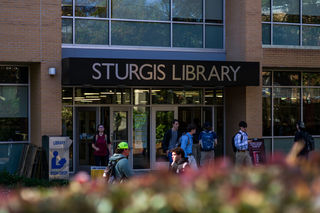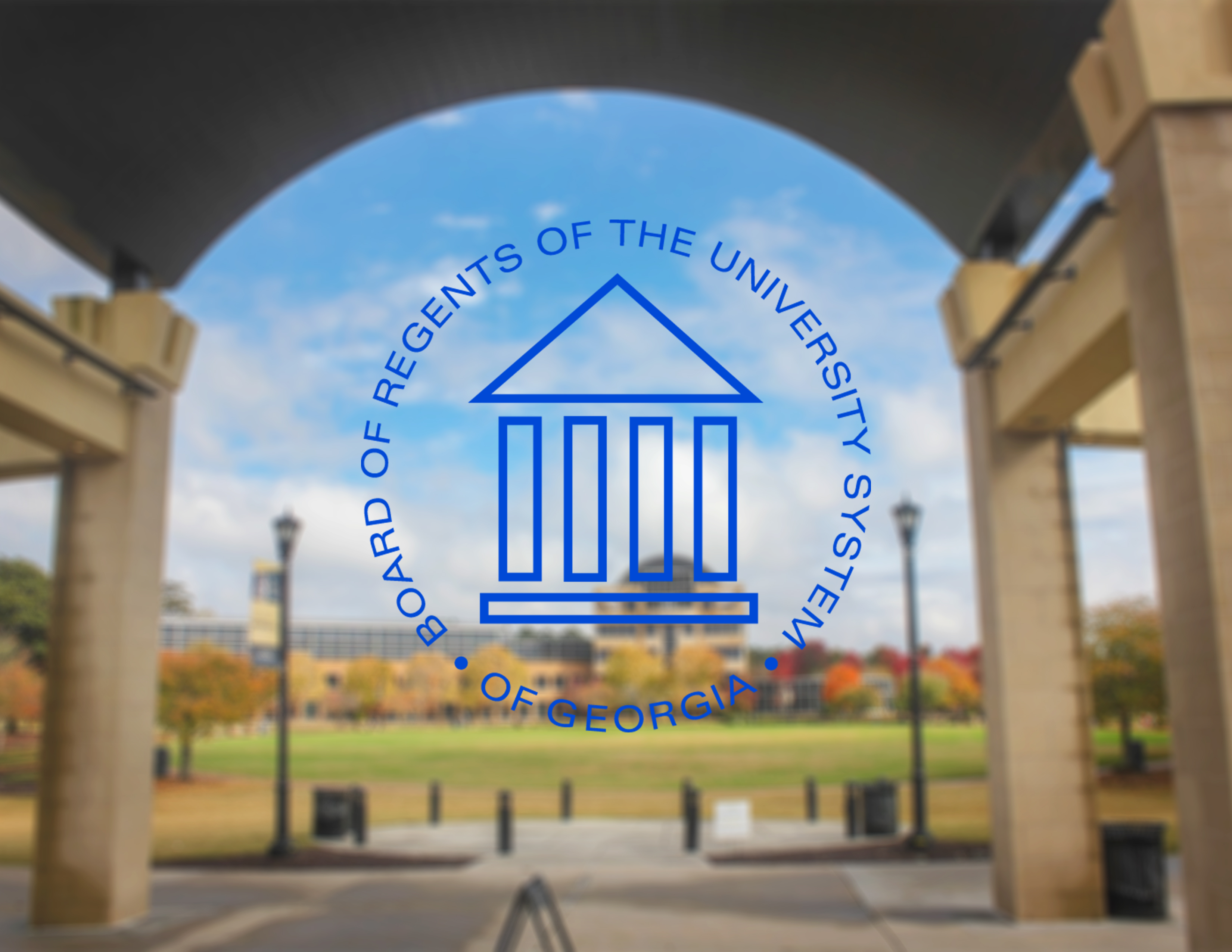High school is aimed to prepare students for college, but some students choose to pursue other paths. If teachers and administrators would teach and emphasize the importance of alternative education programs to Georgia high school students, then more students will have the opportunity to start succeeding in their career. Teachers need to make their students aware of all options to succeed, regardless of GPA or career path.
High school students can choose alternative paths, such as construction, welding or cosmetology, instead of attending a traditional four year college. Students can even receive certification in their chosen career program, which can give students the opportunity to either work full-time or earn their degree faster after high school.
Unfortunately, most students do not know about alternative routes because teachers and administrators are only informing certain high school students about these programs.
“While it was open to everyone, [teachers] didn’t make it known to everyone,” junior integrated studies major Emily Harris said. “They only let certain students know that these were options.”
The Georgia Department of Education offers alternate programs for student success. According to the Georgia Department of Education, the Career, technical and Agricultural Education program has 17 career pathways for students, including agriculture, mathematics, arts, communication and health science. CTAE programs in Georgia offer work-based learning opportunities and higher education classes students can take for high school graduation and college credit.
According to the Georgia Department of Education archives, only 67.8 percent of high school students in the state enroll in a CTAE career program between 2017-2018.
Teachers and administrators not emphasizing this option to high school students cause students to miss out on opportunities that can help them decide what career they want to pursue.
Kyle Robinson, a senior music education major, said he would have joined an education program at his high school if he was informed.
“If there was an education program, I definitely would have because it would have given me the skills and knowledge that I could have used for my career before I started college,” Robinson said.
On the other hand, most students that joined a career program at their high school were successful in their career pathway. Rachel Takacs, a senior sociology major, said she was involved in work-based learning which showed her the major she wanted to study in college.
“I did an internship because, at the time, I wanted to be an occupational therapist, so I interned at the pediatric clinic,” Takacs said. “I’m glad that I did because I realized that’s not what I wanted to do as a career.”
Not only will these programs help students develop fundamental job skills, but they can also help the economy grow in different communities, according to Todd Powell, the assistant director of adult and commuter student affairs at KSU. These programs also attract business owners to these communities, and employers will hire students based on their job experience or education status.
Overall, high school teachers and administrators need to inform all students about the benefits of alternative education and trade programs. If more students knew about these programs, they would have another chance at achieving their career goals. By providing high school students with alternative routes to higher education, more students will succeed in a career path they love and enjoy.



